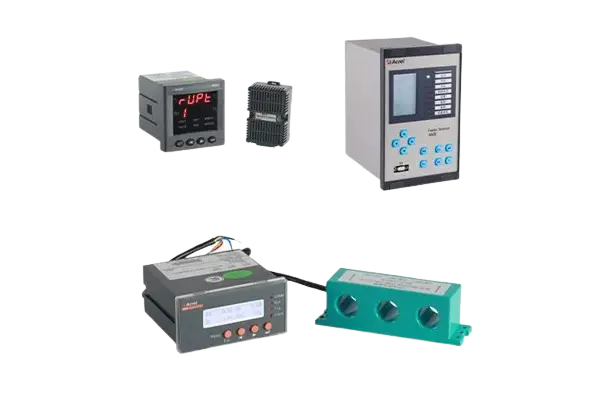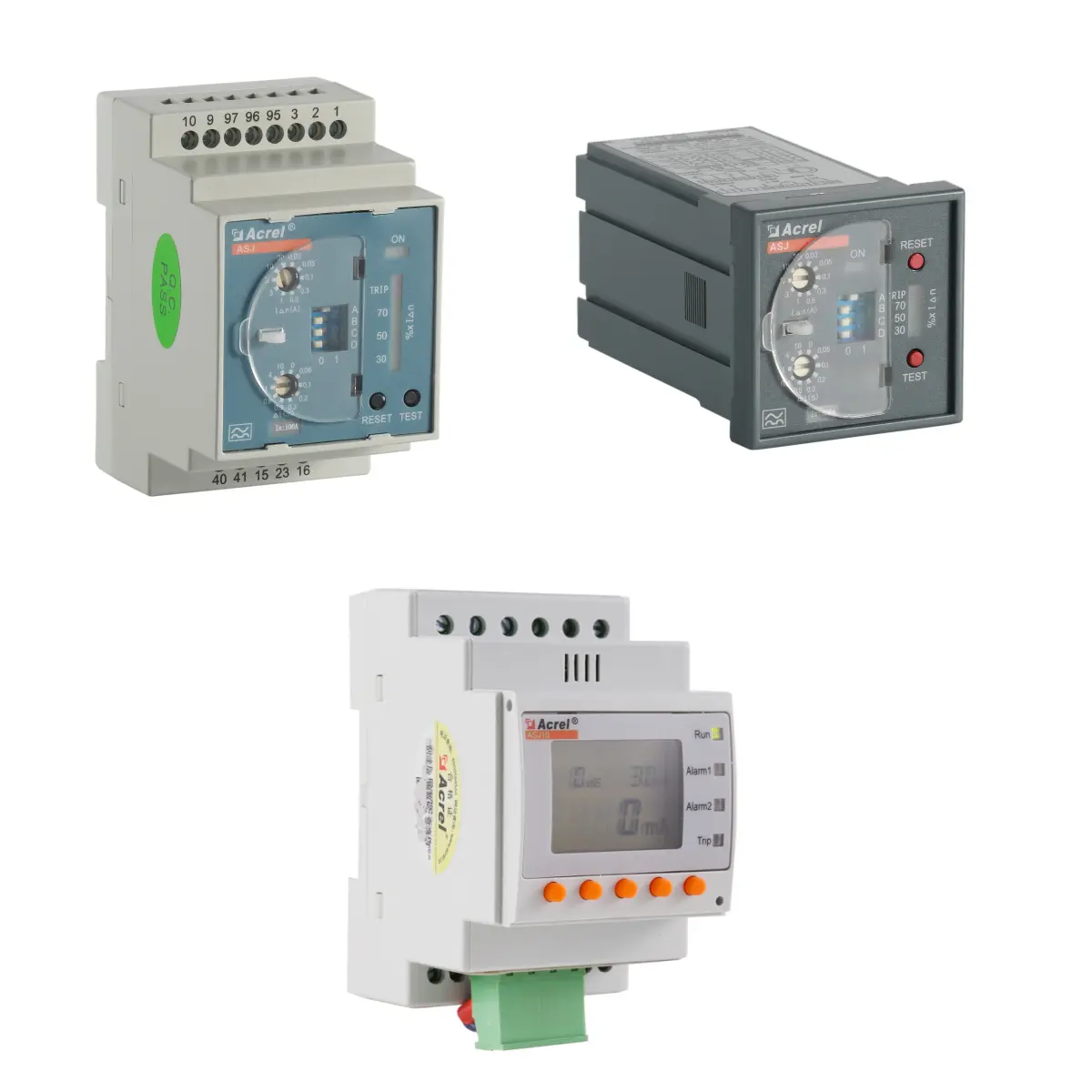

In the fast-paced world of data centers, downtime is the enemy. Even a brief interruption in power can lead to significant financial losses and damage to a company's reputation. To mitigate these risks and ensure uninterrupted operation, data center managers turn to Isolated Power Distribution (IPD) systems. In this article, we will explore the critical role IPD plays in reducing downtime risks in data centers.
Data centers are the backbone of the modern digital economy. They house the servers and infrastructure that power our websites, apps, and cloud services. As such, the continuous availability of data center services is essential. Any downtime, whether planned or unplanned, can lead to:
Financial Losses: Downtime can result in lost revenue, contract penalties, and increased operational costs.
Reputation Damage: Customers expect 24/7 access to online services. Downtime can erode trust and damage a company's reputation.
Data Loss: Unplanned downtime may lead to data corruption or loss, with potential legal and compliance consequences.
Productivity Impact: Employees relying on data center services may be unable to work effectively during downtime.
Opportunity Cost: Downtime prevents businesses from capitalizing on opportunities or responding to issues in real-time.
Isolated Power Distribution systems are a game-changer for data centers looking to minimize downtime. Here's how IPD achieves this:
IPD systems excel in isolating faults. When a fault occurs in one circuit, whether due to a short-circuit or other electrical issue, the IPD system contains the problem within that circuit. This isolation prevents the fault from affecting the entire data center's power supply. Other servers and equipment can continue operating unaffected.
IPD systems often come equipped with advanced monitoring and diagnostic capabilities. This allows data center staff to identify potential issues before they escalate into critical faults. Predictive maintenance and proactive troubleshooting help address problems before they lead to downtime.
The inherent design of IPD systems, with their isolated circuits, ensures that if a fault does occur, it doesn't ripple through the entire data center. This enhanced reliability means that even during maintenance or repairs, other parts of the data center can continue functioning. Redundancy and failover mechanisms further enhance system resilience.
Data centers are subject to strict safety and compliance standards. IPD systems are engineered to meet these standards, providing an added layer of protection against electrical risks. Compliance not only reduces the chances of accidents but also mitigates regulatory and legal risks.
As data centers grow and evolve, their power requirements change. IPD systems are highly adaptable and can be scaled to accommodate increased loads, ensuring that the data center's power distribution remains reliable as it expands.
In the world of data centers, minimizing downtime is not just a goal; it's a necessity. Isolated Power Distribution systems are a critical component of achieving this goal. By isolating faults, providing continuous monitoring, enhancing reliability, ensuring compliance, and offering scalability, IPD systems play a pivotal role in reducing downtime risks and keeping data centers up and running, even in the face of electrical challenges. For data center managers, investing in IPD is an investment in peace of mind and uninterrupted service delivery.
 English
English 日本語
日本語 한국어
한국어 français
français Deutsch
Deutsch Español
Español italiano
italiano русский
русский português
português tiếng việt
tiếng việt Türkçe
Türkçe العربية
العربية








